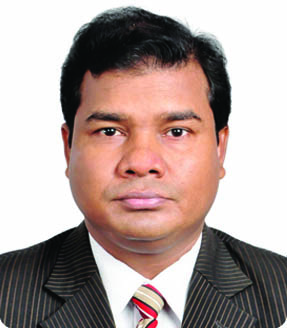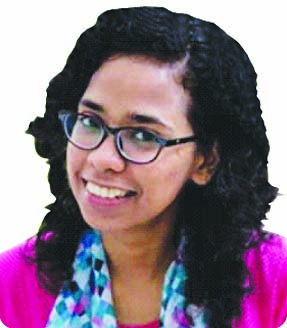‘Brazil willing to learn from Bangladesh's microcredit programmes’


Brazil wants to learn from Bangladesh’s microcredit programmes and enhance the relationship between the two countries, said Pedro Guimaraes, Chief executive officer (CEO) of Brazilian state-owned bank Caixa Economica Federal (CEF).
The CEO was impressed by Bangladesh’s growth after observing how the microfinance system works here.
During an interview with the Bangladesh Post, he expounded his views on how the relationship between the countries can be improved to a greater scale.
“After visiting some villages here, I have observed that a lot of things are very similar to Brazil. Caixa is the largest bank in Brazil. We possess 70 percent of the mortgage market in Brazil. We are also the largest bank for infrastructure and have 146 million clients.
However, we do not have any microfinance programme yet. We want to develop a microfinance system in Brazil,” he said.
He expressed how he wants to serve the relatively poor people in his country by developing a microcredit programme using Bangladesh's experience.
“Bangladesh is very well known for their microfinance programmes. We have had several meetings with different major financial institutions of Bangladesh including Brac and Grameen bank. I am very impressed with the banks here,” he added.
During his three-day visit to Bangladesh, the Brazilian economist and his team members visited Old Dhaka, Bangladesh Rice Research Institute (BRRI), Bangladesh Agriculture Research Institute (BARI), Central Bank of Bangladesh, Ministry of Finance, Microcredit Regulatory Authority, Headquarters of Grameen Bank and BRAC and had interacted with the officials apart from meetings with microcredit borrowers.
In response to a question he said “Even though we don’t speak the same language, we could really understand each other. During my visit I could feel the positive impact that microfinance programme has on the population of Bangladesh.”
He further said that although Brazil has a low inflation, the non-financial organizations there charge up to 20 percent per month for microfinance which is a huge burden for poor people.
“We have 26,000 branches of Caixa and the goal of Caixa is to lend 30 million Brazilians,” he said.
Mentioning that there are many opportunities to invest in Bangladesh, the economist said, “I think we are going to have an agreement in the agricultural sector between Brazil and Bangladesh. We want to discuss more.
This is the first time ever that a Brazilian delegation has come to Bangladesh.
Another team will visit Bangladesh in three weeks and visit many more places.”
Brazilian Ambassador to Bangladesh Joao Tabajara De Oliveira Junior had been collaborating between the countries and working relentlessly to make this visit successful.
He told the Bangladesh Post how Brazilian President Jair Bolsonaro has transformed his country in a positive manner according to his promise and improved on every negative aspect.
Explaining the purpose of the delegation’s visit, the Brazilian envoy said, “The President called upon Pedro to take over and do everything that needs to be done for the benefits of the people and further growth of the country.”
He said that Brazil is now giving much focus on social banking ensuring people’s access to microcredit or microfinance and not just concentrating on rich people only.
“That is why Pedro has come to Bangladesh; to learn from Bangladesh's experiences in microcredit. This is his priority now.
He thinks that microcredit is something that needs to be done urgently and asa state bank they can afford such a programme,” he added.




